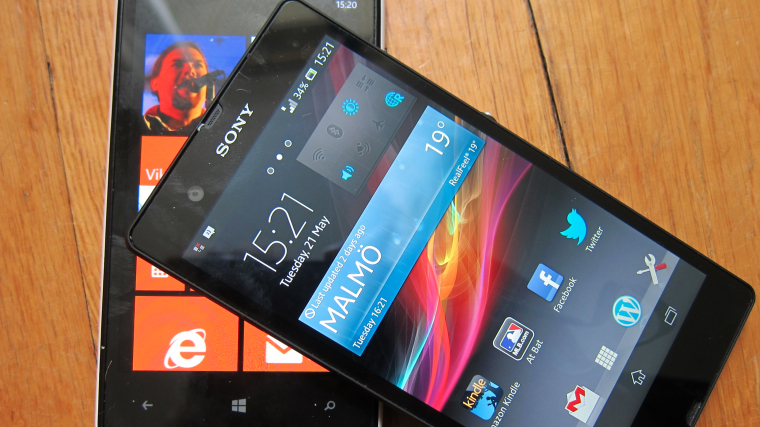Given the equality that there is in terms of hardware and functionality between the three major platforms (Windows Phone, iOS and Android), Asay argues that you can switch between handsets as needed, and still get everything done.
At least, in terms of functionality and ease of use. Though I've been an iPhone advocate for years, this past week I've been using a loaner Nokia Lumia 928 running Windows Phone 8 and, well, I haven't missed my iPhone. That's not to say the Lumia is better, or that WP8 is better than iOS. They're not. But for most people, most of the time, neither is better in any meaningful sense.

In that sense, Asay is right, the war over functionality and specifications is over, although I think the winner here is more about commoditisation of the supply chain, with the majority of handsets at each range (High end, mid range, low end) all sporting roughly similar screens, chips, and additional hardware.
There's still a 'war' going on though, but it's a level removed from the users. Market share is still being fought over by the platforms and the manufacturers, and under-pining that is the need to keep building a sustainable and profitable business. Right now Apple takes the lions share of profit from smartphone sales, and other manufacturers are doing their best to boost their bottom line.
So how about we say the 'Battle of Functionality' is over, but there's still a lot to play for?
